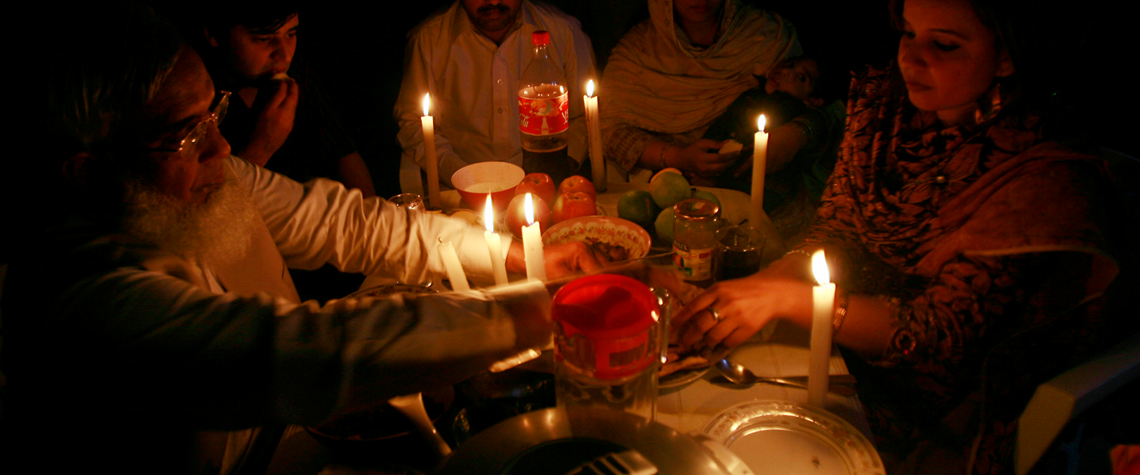Pakistan's energy headache shows no sign of lifting
Gulf and Chinese cash will not solve Pakistan's oil and gas crisis as domestic demand continues to rise
A long-running energy crisis has helped to throttle Pakistan's economy, with Islamabad turning to China first for support in 2015 and, more recently, Saudi Arabia and the UAE. Saudi Arabia has pledged $20bn, including a $10bn investment for a new oil refinery in the south-western city of Gwadar. Last year, the UAE and Saudi Arabia promised $6.2bn in aid, including deferred payments for oil and petroleum products. Gwadar is part of the China-Pakistan Economic Corridor (CPEC) infrastructure programme which involves Beijing stumping up $60bn in loans for development and new power stations, mostly coal-fired. But Saudi and Chinese largesse may not be enough to prevent Pakistan from being forced

Also in this section
27 February 2026
LNG would serve as a backup supply source as domestic gas declines and the country’s energy system comes under stress during periods of low hydropower output and high energy demand
27 February 2026
The assumption that oil markets will re-route and work around sanctions is being tested, and it is the physical infrastructure that is acting as the constraint
27 February 2026
The 25th WPC Energy Congress to take place in tandem as part of a coordinated week of high-level ministerial, institutional and industry engagements
27 February 2026
The deepwater sector must be brave by fast-tracking projects and making progress to seize huge offshore opportunities and not become bogged down by capacity constraints and consolidation







